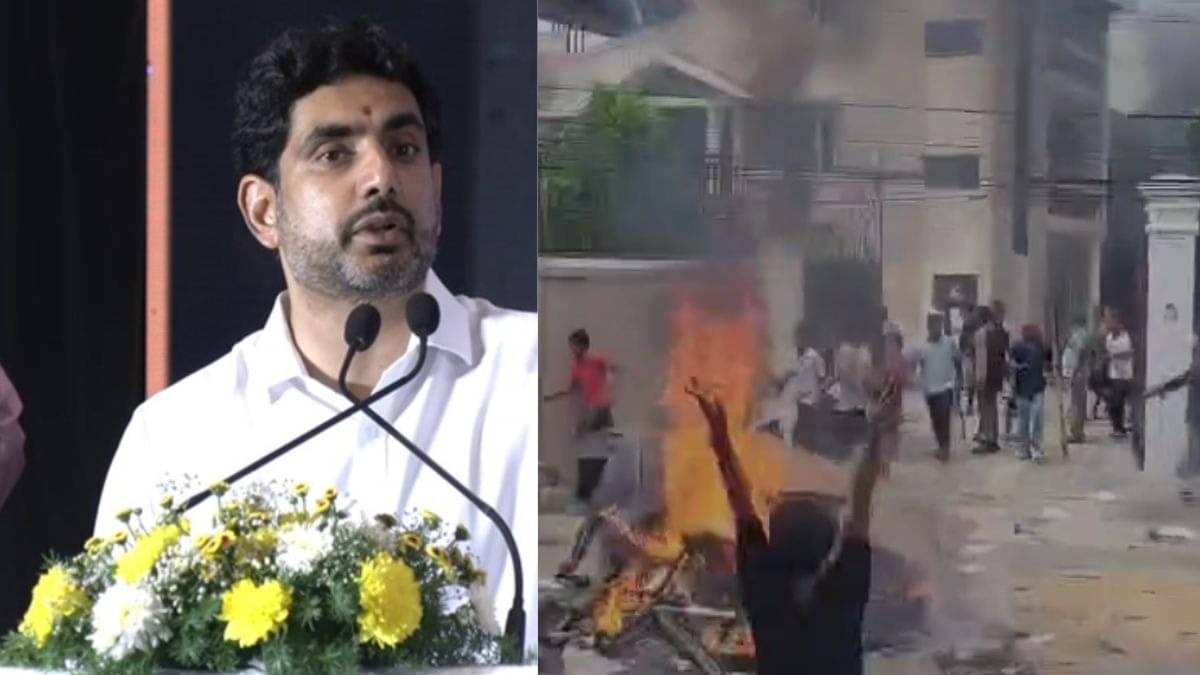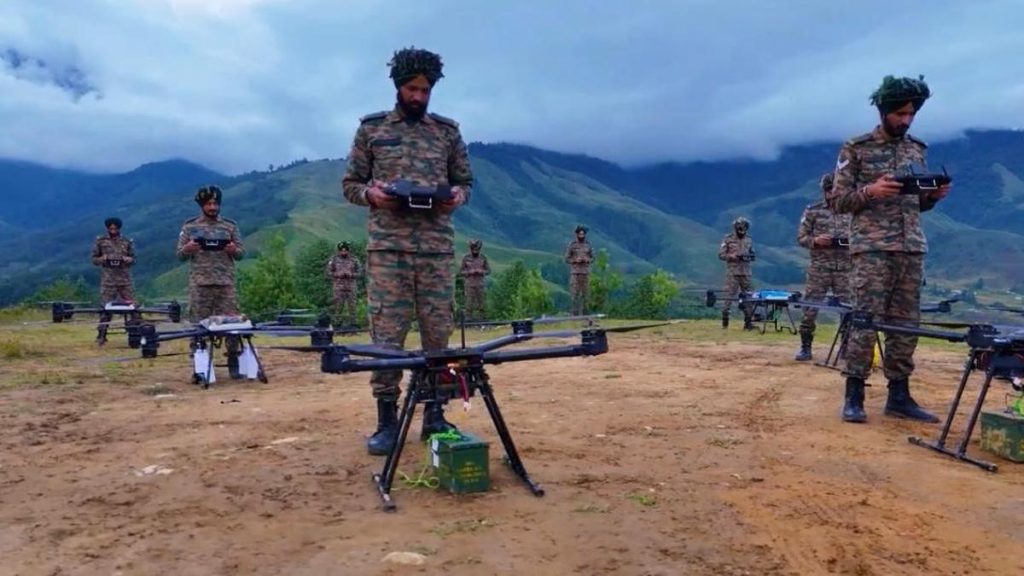Now Reading: Amid Nepal Unrest, Andhra Pradesh Rescues 187 Stranded Telugu Citizens
-
01
Amid Nepal Unrest, Andhra Pradesh Rescues 187 Stranded Telugu Citizens
Amid Nepal Unrest, Andhra Pradesh Rescues 187 Stranded Telugu Citizens

Fast Summary
- Evacuation Efforts in Nepal: Teh Andhra Pradesh goverment, led by Minister Nara Lokesh, has initiated the evacuation of 187 stranded Telugu citizens from multiple locations in Nepal amidst ongoing unrest.
- Affected Locations in Nepal:
– Bafal: 27 peopel
– Similkot: 12 people
– Mahadev Hotel,Pashupati: 55 people
– Pingalasthan,Gaushala: 90 people
- Further updates suggest the number may grow as more citizens are located thru communication efforts.
- Coordination is underway with central agencies and Indian Ambassador to nepal Naveen Srivastava for a safe and prompt evacuation.
- Nepal’s Unrest:
– Triggered by protests led by Gen-Z youths demanding anti-corruption measures and reforms amidst economic issues, including important joblessness forcing thousands to migrate every day for work opportunities.
– Violent protests erupted after Prime Minister KP Sharma Oli’s resignation. A meeting between President Ram Chandra Paudel and protesters is expected to resolve tensions.
Indian Opinion Analysis
The swift action of the Andhra Pradesh government highlights india’s commitment to citizen welfare during overseas crises. Minister Nara Lokesh’s direct involvement underscores state-level responsiveness when national or regional interests are impacted abroad. This incident also reflects how domestic unrest in neighboring countries like Nepal can spill into concerns for India’s states with close cultural ties.
India can draw lessons from this episode regarding early detection mechanisms for diaspora safety in volatile regions. Furthermore, as protests demanding reform persist across South Asia due to mounting economic pressures (as seen here), India may find opportunities to strengthen bilateral relations with countries like Nepal through aid or job creation initiatives that address root causes of instability. Collaborative stability-building measures could benefit regional peace economically and politically.

























